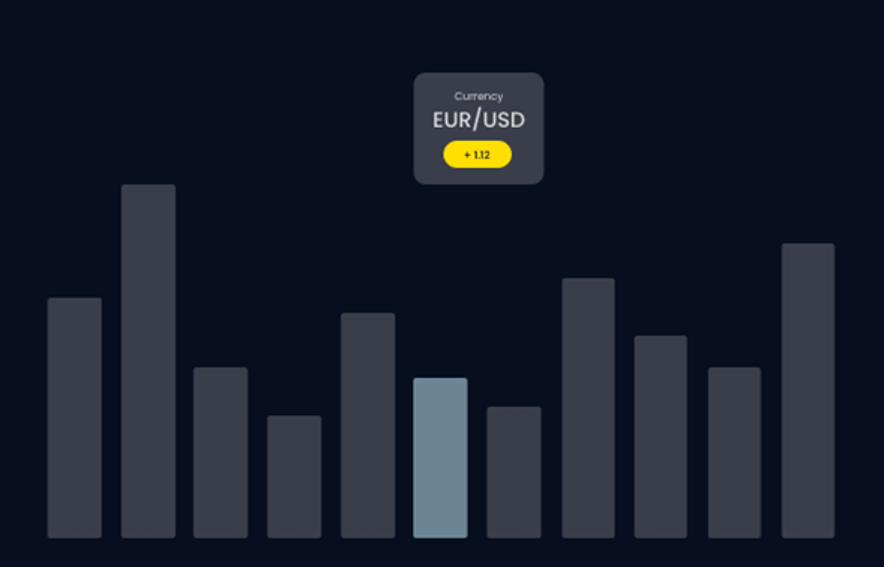With a flawless and captivating gaming experience, the Internet casino sector has seen notable expansion. But with this growth, there are questions about fair play, security, and openness.
Emerging as a breakthrough answer to these problems, blockchain technology gives online gaming systems more security and credibility.
Blockchain is changing how digital casinos are run using distributed ledgers, smart contracts, and cryptographic security, guaranteeing a safer gaming environment for gamers.
Increasing transparency and security
Security is one of the main issues that worries the online gaming sector. Digital casinos manage enormous volumes of personal user information and sensitive data, including financial transactions. Blockchain technology offers an additional degree of protection by means of distributed ledgers that are irreversible and impervious to manipulation.
Blockchain distributes data over a secure network, unlike conventional centralised databases, where a single hack can compromise millions of accounts, making illegal changes almost impossible. Blockchain-powered transactions are efficient, which helps Paris sportifs, among other online gaming industries. Blockchain’s automatic verifying system simplifies the procedure and helps to avoid conflicts in sports betting, where accurate and fast payouts are crucial.
Moreover, fair gambling depends much on openness. Many players wonder about the legitimacy of digital casinos since they believe possible game result manipulation exists. Blockchain solves this by allowing apparently fair game systems. Players can independently check the fairness of every bet or spin by keeping game algorithms and outcomes on an open ledger, guaranteeing that the outcomes are random and free from control.
Secure transaction smart contracts
Blockchain also introduces smart contracts—self-executing agreements that, upon specified conditions, autonomously handle transactions. Smart contracts in digital casinos save transaction delays and the danger of fraud by removing middlemen, hence minimising their requirements. Smart contracts guarantee transparent and accurate execution of transactions, whether a player is making bets, withdrawing winnings, or depositing funds.
Eliminating outside middlemen guarantees equitable and quick execution of rewards, therefore improving the whole betting experience.
Fighting laundering of money and fraud
Digital casinos, among other online gambling sites, are open to illegal activity, including money laundering, account hacking, and illegal access. Blockchain technology offers a safe and traceable transaction history, therefore reducing these hazards. Every transaction is logged on an unchangeable ledger. Thus, regulatory authorities may track and check dubious behaviour in real-time, lowering the possibility of dishonest industrial operations.
Blockchain enhances distributed identity management and identity verification. Players can create safe digital identities to prevent identity theft and remain anonymous. This protects user privacy while complying with KYC and AML regulations.
Blockchain’s prospect in digital casinos
Blockchain technology will increasingly be used in digital casinos. Gaming platforms adopt blockchain-based ideas to improve efficiency, openness, and security. NFTs and DApps in gaming confirm blockchain’s role in digital entertainment.
As regulatory bodies understand blockchain’s benefits, clearer laws for online gambling are being developed. Operators and gamers will have a safer, more uniform environment.
Conclusion
Blockchain solves security, openness, and fair play challenges, changing digital casinos. Immutable ledgers, smart contracts, and distributed identity management make blockchain safe for gaming transactions. The impact of blockchain on digital casinos and related sectors will only grow as technology advances, ensuring a safer and more dependable gaming experience for all players.
DISCLAIMER: The Views, Comments, Opinions, Contributions and Statements made by Readers and Contributors on this platform do not necessarily represent the views or policy of Multimedia Group Limited.






















